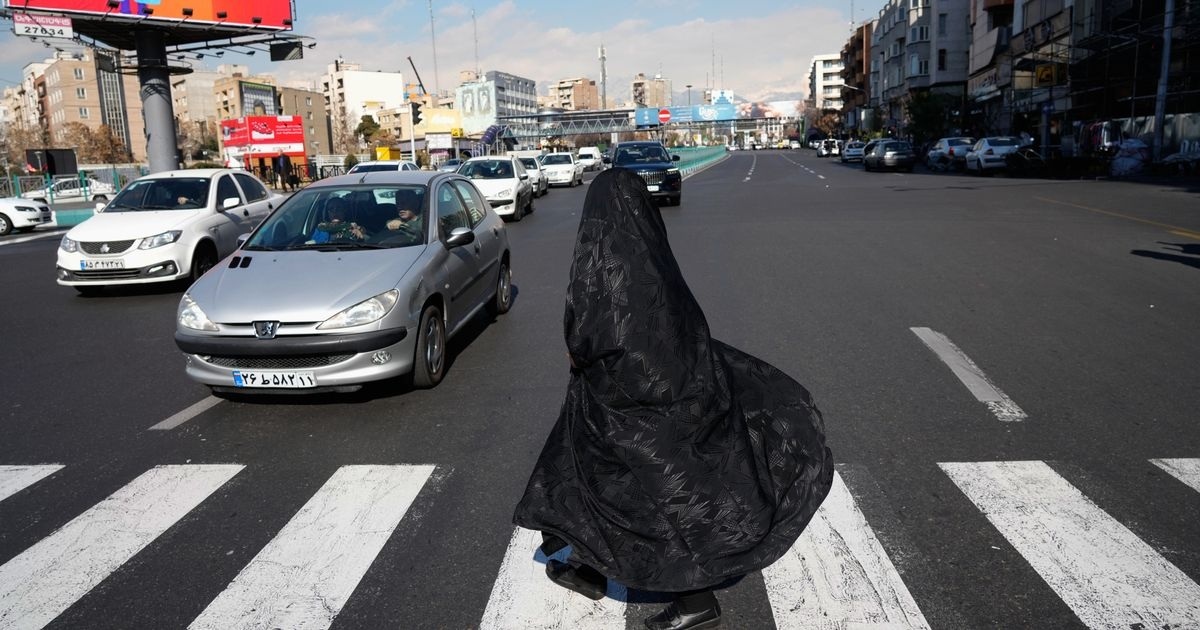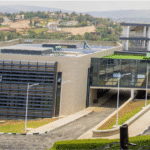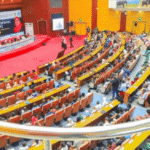Starting in early 2026, the Government of Rwanda plans to introduce new tests to identify the DNA of unborn babies. The initiative aims to strengthen the fight against sexual violence and speed up justice for victims.
The tests will be conducted between the sixth and eighth weeks of pregnancy without surgery or any procedures that could endanger the life of the mother or the unborn child.
According to the Rwanda Forensic Institute (RFI), the tests will use a technology known as Next Generation Sequencing (NGS). The process will involve collecting blood samples from the pregnant woman and body fluids from the man suspected to be the child’s father.
Dr. Charles Karangwa, the Director General of RFI, explained that the child’s genetic material found in the mother’s blood will be compared with that of the alleged father. The results will determine whether the man is the biological father or not.
In an interview with The New Times, Dr. Karangwa said the program will help establish early evidence linking suspects to pregnancies resulting from sexual assault, allowing justice institutions to act quickly.
While the cost-sharing structure for these DNA tests has not yet been finalized, the government will cover the expenses for tests conducted in criminal investigations through the Rwanda Investigation Bureau (RIB). However, individuals who request DNA testing voluntarily will pay for the service themselves.
Although Rwanda’s Parliament has not yet passed the law regulating DNA testing, the procedures will follow existing scientific standards for quality control, evidence storage, and court admissibility.
Statistics from the Ministry of Gender and Family Promotion (MIGEPROF) show that in 2024, 22,454 teenage pregnancies were recorded, up from 22,055 in 2023, with most cases involving girls under 17.
In 2023, 16,650 girls aged 18–19 became pregnant, along with 5,354 aged 14–17, and 51 under the age of 14.
During the 2023–2024 fiscal year, the National Public Prosecution Authority received 3,625 sexual violence cases, but only 1,613 reached court, leading to 1,711 convictions, while 911 defendants were acquitted.
For instance, in the Eastern Province, 8,801 teenage pregnancies were reported in 2023, but by mid-2024, only 70 suspects had been brought before the courts.
A 2020 study by the Legal Aid Forum and AJPRODHO–JIJUKIRWA revealed that only 15% of sexual violence cases in Rwanda make it to court.





















You write with so much clarity and confidence. Impressive!
Kaçkar Mountains tours Outstanding Turkey tours packed with history! Ancient trade route connections were fascinating. https://ativisautosales.com/?p=1034
I enjoyed your take on this subject. Keep writing!
I love the clarity in your writing.
Great post! I’m going to share this with a friend.
I always look forward to your posts. Keep it coming!